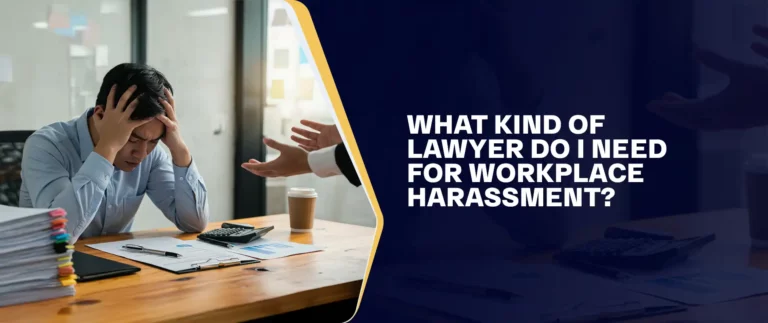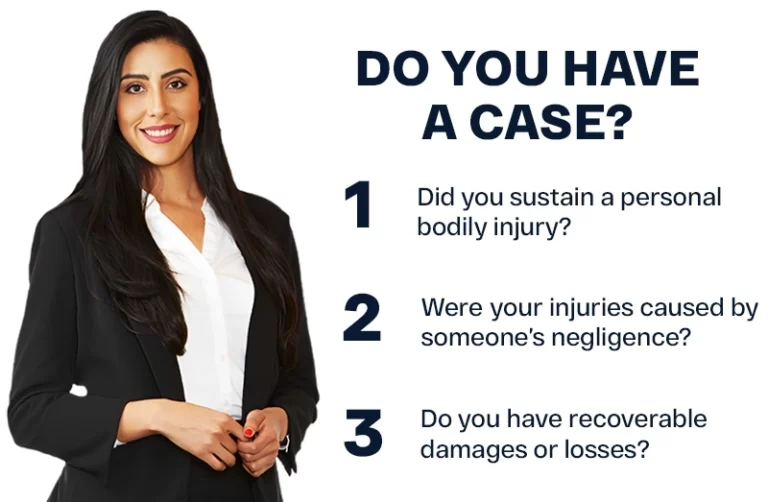Table of Contents
Workplace safety has improved over the years, but unfortunately, on-the-job injuries continue to occur nationwide. The United States Bureau of Labor Statistics reported that 2.6 million American workers got hurt or fell ill while on the job, resulting in a nonfatal accident in 2021.
Workplace injuries have become an expensive epidemic. As reported by the National Safety Council, work-related injuries in 2021 resulted in a total cost of $167 billion. Employees who suffer an injury while working may be entitled to workers’ compensation benefits. Most states require companies to carry workers’ compensation insurance for employee injuries.
Following an accident, it’s natural to have questions about how long your claim will take to resolve. The accident attorneys at Arash Law have helped injured workers in California for decades. They can help manage the process, gather necessary evidence, and advocate on your behalf to move your case forward. Contact our office at (888) 488-1391 or chat with us to schedule a no-obligation case evaluation.
How Do Workers’ Compensation Claims Work?
There are several stages to a worker’s compensation claim. The claims process begins once a worker informs their employer about their injury. Once the employer knows of the injury, they must file a formal claim with their insurance company.
The time an employee has to begin a claim varies by state. In California, employees are generally required to submit a written notice of their injury to their employer within 30 days.
The employer must assist their employee by helping them get medical care. The employer also begins investigating the cause of the accident and documents their findings.
The insurance company will investigate the injury. The claim for benefits is either approved or denied. The employee can appeal a denial and hire an injury attorney experienced in workplace accidents to represent them during an administrative hearing.
Why Do Insurance Companies Deny Workers’ Compensation Claims?
One of the reasons why insurance companies may deny an employee’s claim for workers’ compensation benefits is to keep costs low. An employer’s workers’ compensation insurance carrier wants to protect its bottom line like any other insurance company. Common reasons for claim denials include:
- Arguing that your injuries happened outside the scope of your assigned work duties. For example, they may claim you were engaged in horseplay with other workers or fighting.
- Claiming the injury happened during your commute to work, which is typically excluded from workers’ compensation coverage. This argument is common for workers in the transportation industry.
- Arguing whether the injury was self-inflicted or work-related.
- Asserting that injuries resulted from a violation of company policies or impairment due to drugs or alcohol.
If you suffered a workplace injury, you might face the challenges described above as you try to seek the compensation you may need to support your recovery. An experienced California workers’ compensation attorney can handle communications with the insurance company and work to pursue a favorable outcome for your injury claim.
What If The Insurance Company Approves My Claim?
If your workers’ compensation claim is approved, the insurance company typically covers your medical expenses related to the injury. In addition, you may receive temporary wage replacement benefits while you are unable to work. These benefits usually represent a portion of your regular wages (about two-thirds of your average weekly salary) and continue until you can return to your job or reach maximum medical improvement.
Employers often support a Return-to-Work program, which allows injured employees to resume work with modified or lighter duties that accommodate their recovery and prevent further injury.
Keep in mind that the specific amount and duration of wage benefits can vary based on your case, insurance policy, and the nature of your injury. Consulting with a workers’ compensation attorney can help you understand what benefits you may be eligible for and help protect your rights throughout the process.
Why Do Employers Like The Return-To-Work Program?
Employers advocate using the Return-to-Work program. Employers may express concern for their employees and cite the following evidence in support of the program:
Financial Security
The Return-to-Work program can help employees maintain financial stability while a workers’ compensation case is pending. Workers’ compensation insurance only covers two-thirds of the employee’s typical salary. Losing a significant portion of the employee’s wages can lead them to significant financial insecurity.
Maintaining Skills
The time an employee spends away from work may affect their proficiency. If enough time passes, the employee may lose this skill completely. Returning to work, even on a provisional basis, can help maintain job skills and reduce the need for retraining.
Improved Morale
For some employees, going back to work can boost morale and offer mental health benefits by providing structure and a sense of purpose.
The Return-to-Work Program also benefits employers. Employers do not want open lawsuits, and participating in the Return-to-Work program may help them resolve workers’ compensation claims sooner. Examples of how the program can help the employer include the following:
Employee Retention
Having employees quickly return to work retains employees. Statistics show that employees who spend more than six months away from work after an injury are 50 percent more likely to never return to work.
Avoid Hiring New Employees
Hiring and training new employees can be expensive for businesses. Because companies want to avoid this cost, they will try to hold on to current employees. Getting employees back to work quickly after an accident helps companies avoid the expense of hiring temporary replacements.
Lower Workers’ Compensation Premiums
When an injured worker is unable to return to work for an extended period, an employer’s workers’ compensation premium costs may rise. For example, suppose a driver causes a car accident while on the clock, and their insurance covers the injured party’s medical costs and other expenses, the at-fault driver’s insurance premiums may increase. Employers want to avoid this expense.
How Is A Settlement Reached?
How complicated workers’ compensation gets depends on the severity of your injuries. If you can return to work without medical expenses, your case can close quickly. However, the more severe your injuries, the more time it takes to resolve your case.
Cases involving more severe injuries may take longer to resolve. The first step to resolution is a conversation about damages between the insurance company and your workplace injury attorney. A final settlement amount can include compensation for the following losses:
- Payment for current and future medical bills, costs of future treatment, including surgeries, and the cost of medical treatment.
- Payment for the cost of lost income.
- Recurrent payments if the injury leaves the employee permanently disabled.
How Do Employees Receive Payment?
After finalizing a settlement or winning a judgment, the employee will be compensated. The final settlement amount is either a lump sum or a structured settlement.
A lump sum payment is a one-time payment issued to the recipient. The lump sum payment may cover all outstanding medical bills, lost income, and other financial losses related to the accident.
An employee may request payment in a structured settlement. A structured settlement is an agreed-upon payment arrangement that resolves a workers’ compensation claim. Under the terms of a structured settlement, the injured employee agrees to periodic scheduled payments instead of a one-time lump sum. An injury attorney can assist their client with creating a structured settlement.
What’s In A Final Workers’ Compensation Settlement?
Working with an experienced workers’ compensation attorney like our very own Tina Eshghieh, Esq., can help you handle your claim and pursue compensation after an on-the-job accident. You only get one bite at the apple in a suit, so your claim must cover all your injuries.
Examples of what to consider while trying to resolve your claim include:
- The state’s limitations on recovery under workers’ compensation laws.
- Outstanding medical bills.
- The need for future medical treatment.
- Disability status.
- Current and future lost income.
- Attorney’s fees.
Is A Workers’ Compensation Claim Required?
Generally, a judge must approve the settlement agreement. Therefore, a final hearing is the last step before the resolution of your claim. The judge considers the fairness of the agreement before final approval.
Workers’ compensation hearings serve a critical role in the overall claim. The judge’s decision resolves the employee’s workers’ compensation claim.
If the parties have settled, the judge reviews the terms for fairness. The judge may decide to deviate from the settlement and create another agreement that the court finds fair.
If the judge approves the claim, the employee and their injury attorney can let the judge decide the final terms of the settlement. If the insurance company disputes the employee’s original claim, a hearing on the merits can provide a right to appeal for the employee.
Workers’ compensation trials involve potential risks for both parties. For an injured worker, the court may decide the value of their claim is much lower, and for the insurance company, the court may decide the claim’s value is much higher than anticipated.
Contact Arash Law
The legal team at Arash Law, led by Arash Khorsandi, Esq., assists injured workers throughout California in pursuing available compensation under the law. Contact us at (888) 488-1391 or through our online chat feature to schedule a free, no-obligation case evaluation.










